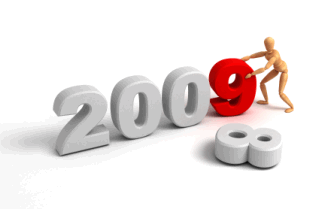 If you are not aware and prepared for the 2009 cardiology billing and coding changes you may be leaving a lot of money uncollected.
If you are not aware and prepared for the 2009 cardiology billing and coding changes you may be leaving a lot of money uncollected.
The 2009 cardiology coding and billing changes are the most significant that have been seen since the mid 1990s.
Cardiology practices were hit harder than the average physician by this year's changes (with a 2% reduction in Medicare fees instead of the 1% increase seen by the average physician) driven in large part by changes that will impact imaging performed in the office.
Keep in mind the 2% reduction is an average number. Some practices will be well above this (especially heavy users of echo services) and others will actually see fee increases.
Here are examples of some of the upcoming changes:
- Significant changes in the codes used for follow-up on implanted devices (all of the old codes have been replaced) and external devices. The updated codes include new codes for interrogation and reprogramming of ICM and ICD devices, Pacemaker and Loop recorders.
- Global periods related to device follow-up now include global periods of 30 or 90 days. The new codes are now service specific (i.e., either an interrogation evaluation of a programming evaluation).
- Wearable cardiac telemetry devices (for instance Cardionet type service) now have specific codes. You no longer bill with an unlisted code. These new codes include the complication of global periods.
- The echo services are also seeing new codes. When you do an echo with a Doppler and color flow you'll have a new code to submit that bundles these services into one code. The same is true for a new stress echo code that bundles the stress test code and stress echo into one code.
These changes are far greater than the normally "tweaking" that occurs at the beginning of each year. If you cardiology billing department is not fully aware of the changes and how to respond to these changes it could have a significant negative impact on your practice. Be sure to invest in the proper training, coding resources and billing system upgrades to be prepared for 2009 cardiology billing.
Copyright 2009 by Carl Mays II
